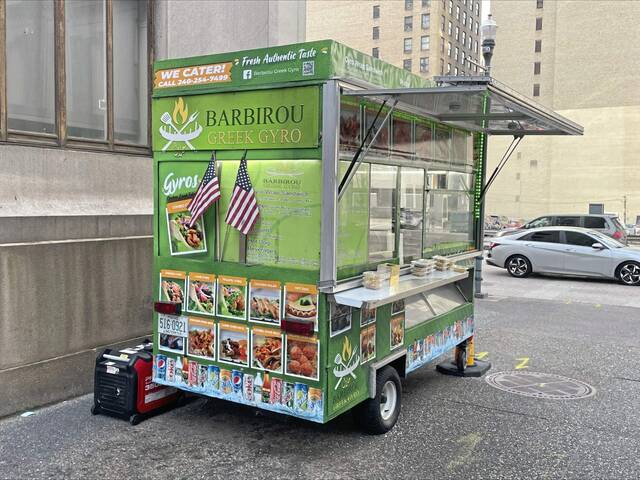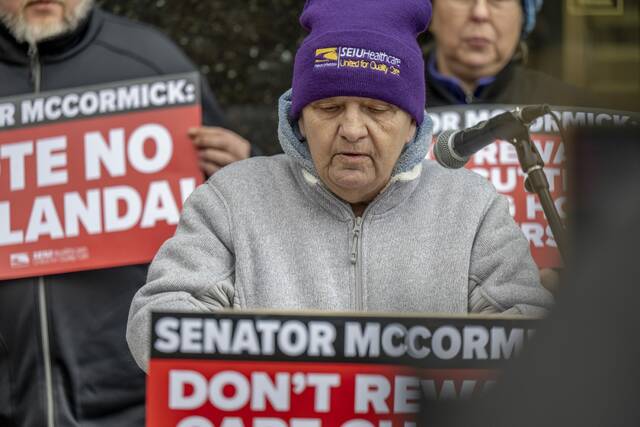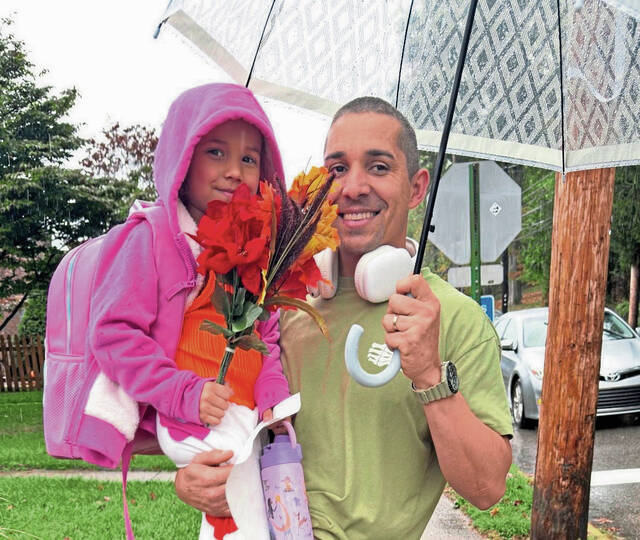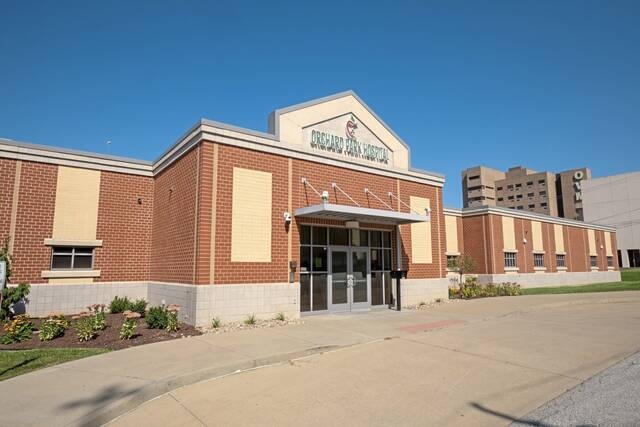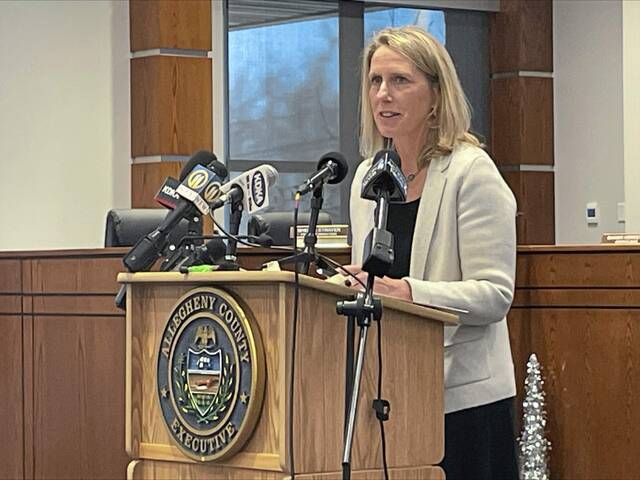An effort to slash red tape for street vendors throughout Pittsburgh got the green light Tuesday from the city’s Planning Commission.
City Council will make a final decision on the measure — which would expand where vendors can operate and eliminate a cumbersome site-by-site evaluation requirement in most places — after it returns from a summer recess that ends in late August.
Officials said Pittsburgh has a small number of permitted food and retail vendors and a complicated web of regulations for those businesses to jump through.
The measure the Planning Commission recommended this week would eliminate a requirement that mobile vendors move locations every four hours and pave the way for hours to expand beyond the existing midnight deadline. Vendors would be able to operate in more parking areas, vacant lots and other properties.
Also included in the changes is a new allowance for “group vending sites,” where vendors could congregate and sell an array of products in close proximity after a community engagement process.
The goal, officials said, is for the change to be in place ahead of the NFL Draft in April, which is expected to bring throngs of people to the city.
Melissa Larrick, executive director of the Pittsburgh Brewers Guild, said the measure could help more vendors participate in community events and create more opportunities to buy food later at night.
“Oftentimes, mobile food vending is a pathway to brick-and-mortar business ownership,” she said, especially for entrepreneurs who may not immediately have the finances to buy a storefront.
But Howard Todd, a Mt. Washington resident who told commissioners he owns two businesses, pushed back on the changes, arguing that mobile vendors hinder traditional retailers and restaurants.
“Mobile vending directly impedes with brick-and-mortar businesses,” he said, arguing that they can undercut conventional businesses since they don’t have the same rent and utility bills.
Todd said he believed permanent storefronts had more positive impacts on communities than street vendors that typically move from place to place, and he argued that some vendors operate illegally without proper permits or in areas they’re not allowed to set up shop.
Assistant Director of the Department of City Planning Andrew Dash said some areas would still restrict vendors, who would not be allowed to operate too close to permanent storefronts that sell the same items or to other vendors.
Commissioners on Tuesday unanimously supported the measure, which moves next to City Council for final approval.


